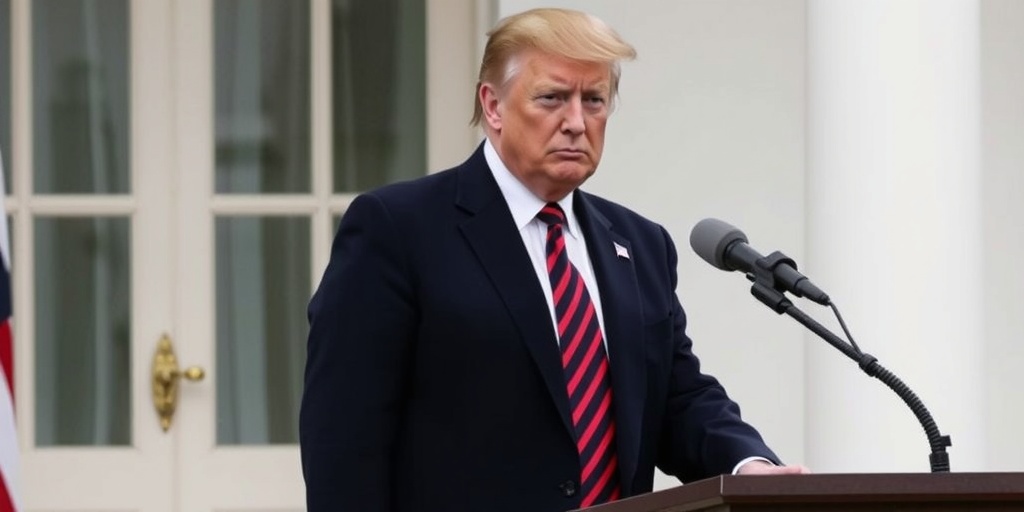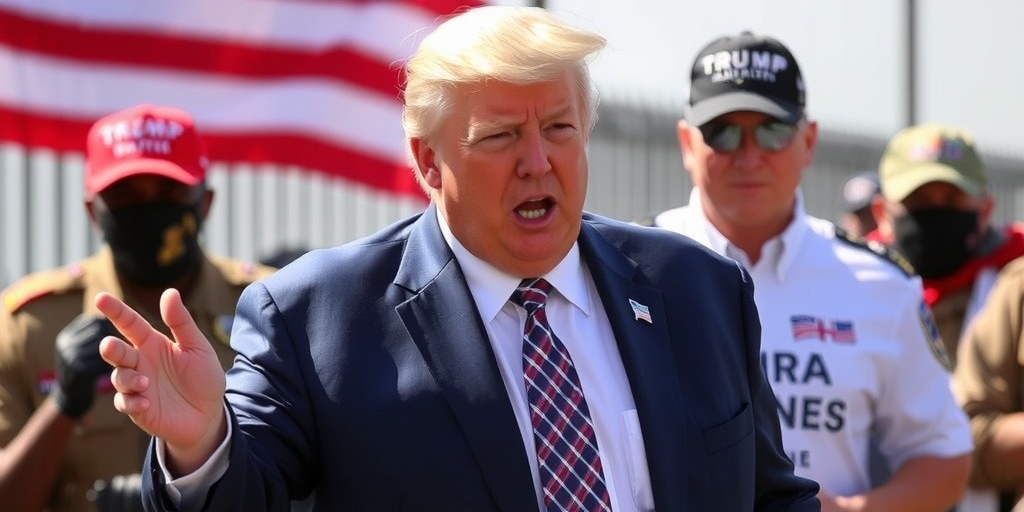Now Reading: Schumer Urges Biden to Reconsider 2024 Run
-
01
Schumer Urges Biden to Reconsider 2024 Run
Schumer Urges Biden to Reconsider 2024 Run

The High-Stakes Meeting Between Senator Schumer and President Biden: A Pivotal Moment in Democratic Politics
In a tense atmosphere filled with humidity, Senator Chuck Schumer of New York arrived at President Biden’s beach house in Rehoboth, Delaware, on July 13, 2024. Exhausted from a sleepless night and a four-hour drive from Brooklyn, Schumer was acutely aware of the gravity of the conversation ahead. He had prepared meticulously for what he regarded as one of the most critical speeches of his political career, addressing not a crowd but a solitary, powerful figure.
As the Democratic leader of the Senate, Schumer aimed to deliver a straightforward message: President Biden needed to reconsider his bid for a second term. Amidst Democratic senators, Schumer believed that a secret ballot would yield only a handful of votes supporting the president’s re-election. According to Biden’s own pollsters, his chances of winning against Donald Trump stood at a mere 5 percent—a revelation Schumer would soon deliver to the president. The stakes were high; the political future of the Democratic Party hinged on whether Biden would heed his warnings and step aside gracefully.
“If you run and you lose to Trump,” Schumer cautioned, “and we lose the Senate, and we don’t get back the House, that 50 years of amazing, beautiful work goes out the window. But worse—you go down in American history as one of the darkest figures.” His words resonated with the weight of both loyalty and concern, culminating in a direct plea: “If I were you, I wouldn’t run, and I’m urging you not to run.”
The conversation, which unfolded on a screened-in porch overlooking a tranquil pond, contained far more urgency and emotional intensity than had previously been reported. Schumer’s insights were not merely instinctual; they were informed by discussions among a cadre of Democratic lawmakers who had diligently avoided acknowledging the eventuality of Biden’s unviability as a candidate for much of the previous year.
As Schumer entered the beach house, the sounds of Biden’s animated voice drifted through the walls. The president was engaged in a difficult Zoom call with lawmakers, amplifying Schumer’s apprehensions about how to address a potentially stubborn leader. The meeting he had long delayed was now a necessity, spurred by fears that Biden’s age and perceived fitness for office would jeopardize the Democratic agenda.
Despite months of quiet concern, Schumer had opted for inaction, hesitant to openly suggest alternative candidates in light of the prevailing narrative from the Republican camp that Biden was "old and senile." Yet the situation became untenable after Biden’s poor performance in a June debate accelerated discussions about the implications of his candidacy for the party’s overall success.
The aftermath of that debate, held on June 27, ignited panic among congressional Democrats. Many were left questioning their chances of retaining their congressional seats with Biden at the helm. The need for a decision had never been more pressing. In the wake of the debate, donors and other influential figures began to press Schumer relentlessly to convince Biden to exit the race, which led to an internal struggle within the party about how to approach the volatile situation.
On July 3, Schumer had a conversation with Biden, subtly hinting at the urgent need for the president to actively dispel doubts about his candidacy. He emphasized, “the only way you’re going to save this is to show up day in and day out,” insisting that genuine interactions would help alleviate the narrative of weakness surrounding his leadership. Yet uncertainty lingered.
As events unfolded, Biden, growing increasingly defensive, issued a letter on July 8 stating firmly that he would continue in the race and expected party members to support his decision. His declaration ignited frustration among lawmakers who believed he was ignoring the party’s collective sentiment.
Amid escalating tensions, Schumer’s pivotal meeting with Biden transpired. Many Democratic senators had expressed their deep reservations in a closed-door lunch, demanding reassurances about Biden’s capacity to lead. During a subsequent one-on-one conversation with Biden, Schumer delivered a blunt assessment of the Capitol Hill atmosphere, pushing the president to confront the reality of his precarious standing in the race.
Describing the potential fallout from a Biden loss, Schumer laid bare the perspective of his colleagues. “If there’s a secret ballot, Mr. President,” he told Biden, “my guess is you at most get five yeses.” This frank approach paved the way for a critical dialogue about legacy and the future.
Schumer recounted the critical achievements they had secured together and outlined Biden’s potential to leave a meaningful legacy if he stepped down now. However, he warned of the historical ramifications of a failed campaign against Trump, suggesting that Biden risked being remembered unfavorably in the annals of American history.
The conversation left Biden contemplative but resolute. While he remained under the impression that he had a fighting chance, he acknowledged in their closing moments, “I need a week.” With an earnest embrace, Biden concluded their meeting by commending Schumer for his forthrightness.
In the immediate aftermath, Schumer felt an emotional release; despite the heavy subject matter, he believed he had made progress in swaying Biden’s perspective. As he drove away, tears filled his eyes, reflecting the immense stakes of their discussion and the uncertain path ahead for the Democratic Party.
This extraordinary meeting encapsulated the pressures and complexities of party politics in a critical election cycle, revealing the layers of concern and hope among Democratic leaders as they navigated a pivotal moment in recent history.
Stay Informed With the Latest & Most Important News
Previous Post
Next Post
-
 01New technology breakthrough has everyone talking right now
01New technology breakthrough has everyone talking right now -
 02Unbelievable life hack everyone needs to try today
02Unbelievable life hack everyone needs to try today -
 03Fascinating discovery found buried deep beneath the ocean
03Fascinating discovery found buried deep beneath the ocean -
 04Man invents genius device that solves everyday problems
04Man invents genius device that solves everyday problems -
 05Shocking discovery that changes what we know forever
05Shocking discovery that changes what we know forever -
 06Internet goes wild over celebrity’s unexpected fashion choice
06Internet goes wild over celebrity’s unexpected fashion choice -
 07Rare animal sighting stuns scientists and wildlife lovers
07Rare animal sighting stuns scientists and wildlife lovers





















